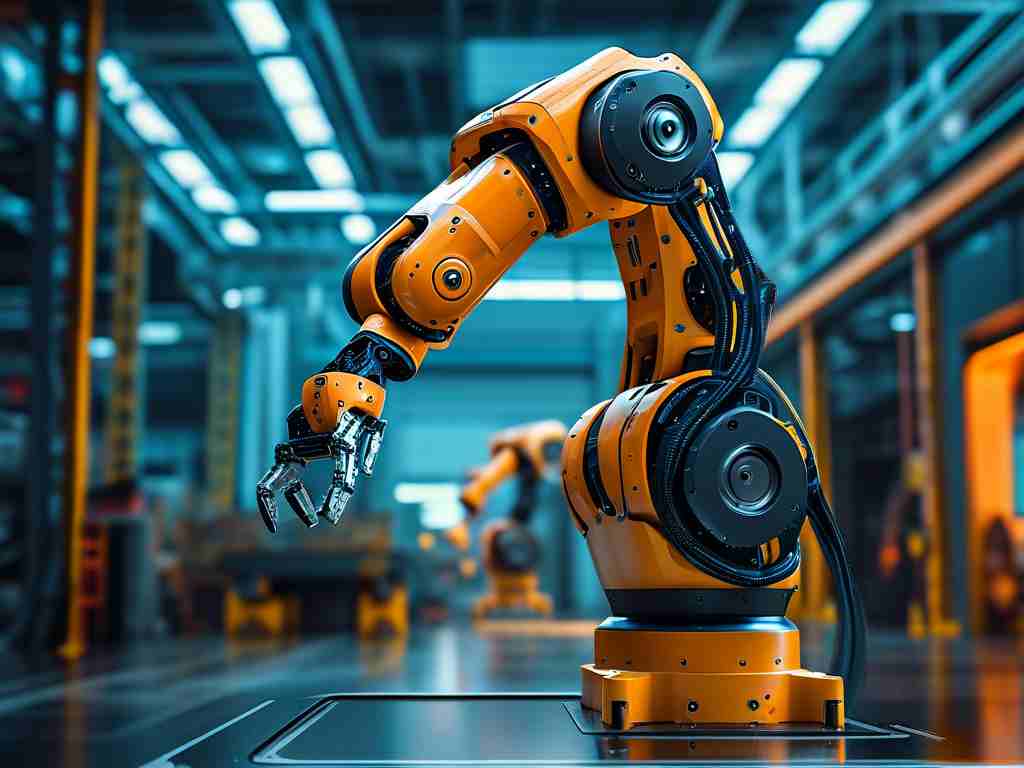The rapid evolution of artificial intelligence projects demands seamless and efficient deployment processes to keep pace with innovation. Automating AI deployment transforms how teams deliver models into production, reducing human error and accelerating time-to-market. Traditionally, manual deployment involved tedious steps like configuring servers, testing models, and managing dependencies, which often led to bottlenecks and inconsistencies. By embracing automation, organizations can achieve continuous integration and continuous deployment (CI/CD) pipelines, ensuring that AI solutions are reliably rolled out with minimal intervention. This shift not only boosts productivity but also enhances scalability, allowing businesses to handle complex AI workloads effortlessly across diverse environments such as cloud platforms or on-premises infrastructure.

One of the core benefits of AI project automation deployment is its ability to foster agility in development cycles. For instance, data scientists can focus on refining algorithms rather than grappling with deployment logistics, thanks to automated workflows that handle tasks like model training, validation, and release. Tools like Jenkins, GitHub Actions, and Kubernetes play pivotal roles here. A simple code snippet using GitHub Actions for an AI model deployment might look like this:
name: AI Model Deployment
on:
push:
branches: [ main ]
jobs:
deploy:
runs-on: ubuntu-latest
steps:
- name: Checkout code
uses: actions/checkout@v2
- name: Set up Python
uses: actions/setup-python@v2
with:
python-version: '3.8'
- name: Install dependencies
run: pip install -r requirements.txt
- name: Train and validate model
run: python train_model.py
- name: Deploy to cloud
uses: azure/CLI@v1
with:
script: az webapp deployment source config --name my-ai-app --resource-group my-group --repo-url https://github.com/my-repo --branch main
This example illustrates how automation scripts streamline the entire process from code commit to live deployment, eliminating manual steps and ensuring consistency. Moreover, incorporating containerization with Docker and orchestration via Kubernetes further enhances reliability by packaging AI applications into isolated units that can be scaled dynamically. Such approaches mitigate risks associated with environment discrepancies, where a model that works in development might fail in production due to unseen variables.
Beyond technical efficiency, automation drives cost savings and innovation. Teams can conduct rapid A/B testing of AI models, deploying multiple versions simultaneously to gather real-time feedback without downtime. For example, an e-commerce company might automate the deployment of recommendation algorithms, allowing them to iterate quickly based on user behavior data. This agility translates to competitive advantages, as businesses respond faster to market changes. Additionally, security is bolstered through automated scans and compliance checks embedded in the pipeline, reducing vulnerabilities that often plague manual setups. Statistics show that organizations adopting AI deployment automation report up to 50% faster release cycles and 30% lower operational costs, underscoring its transformative impact.
However, implementing automation requires careful planning. Start by assessing current workflows and identifying pain points, such as slow testing phases or error-prone manual deployments. Next, integrate version control systems like Git to track changes and trigger automated builds. Training teams on tools like Ansible for configuration management ensures smooth adoption. Best practices include starting small with a pilot project, such as automating a simple machine learning model's deployment, before scaling to complex AI systems. Monitoring tools like Prometheus can then provide insights into performance, enabling proactive optimizations. In essence, automation empowers AI projects to evolve from experimental phases to robust, production-ready solutions, fostering a culture of continuous improvement.
In , automating AI project deployment is no longer a luxury but a necessity in today's fast-paced tech landscape. It unlocks unprecedented efficiency, reliability, and scalability, allowing teams to focus on innovation rather than operational hurdles. As AI continues to reshape industries, adopting these automated strategies will be key to staying ahead, turning ambitious ideas into tangible realities with speed and precision.









